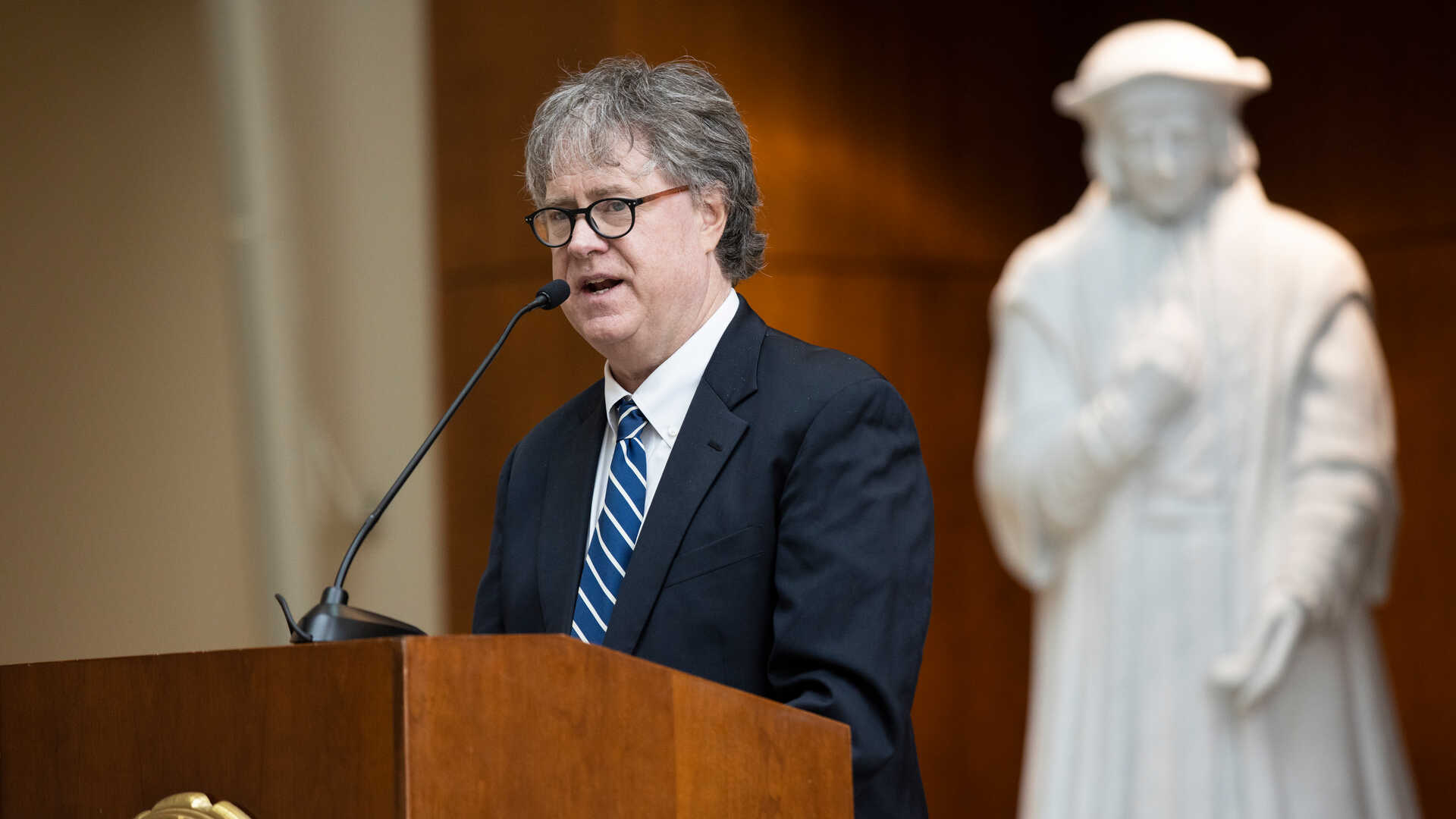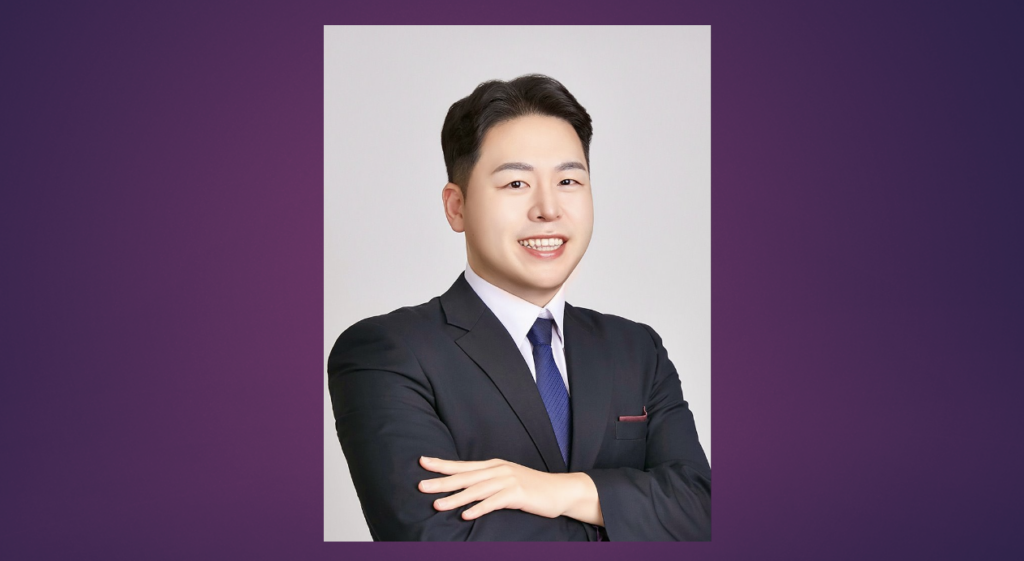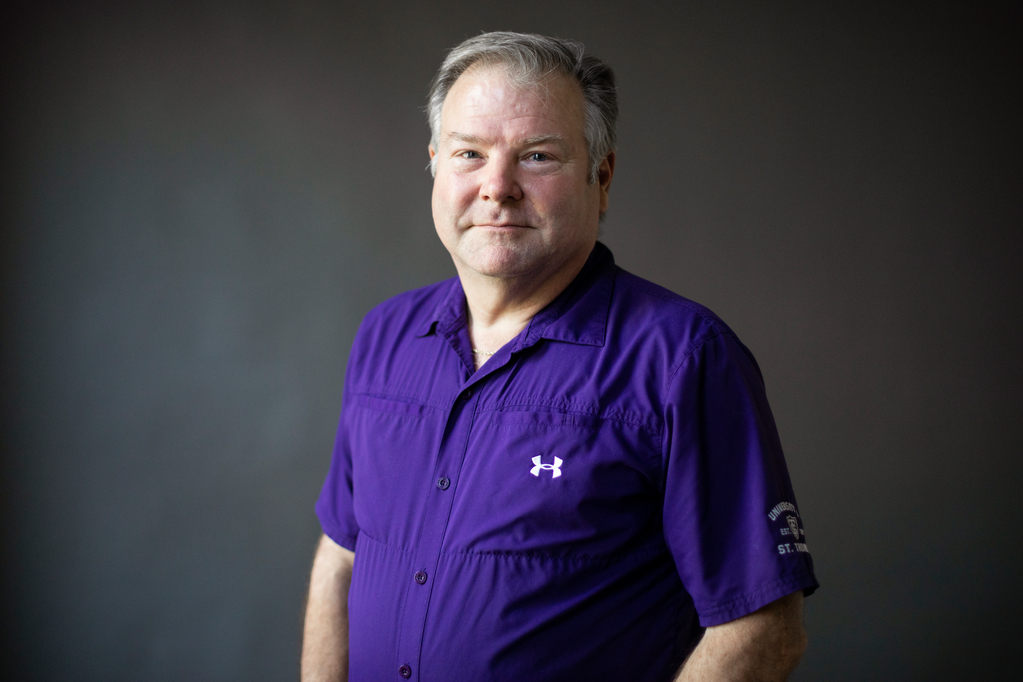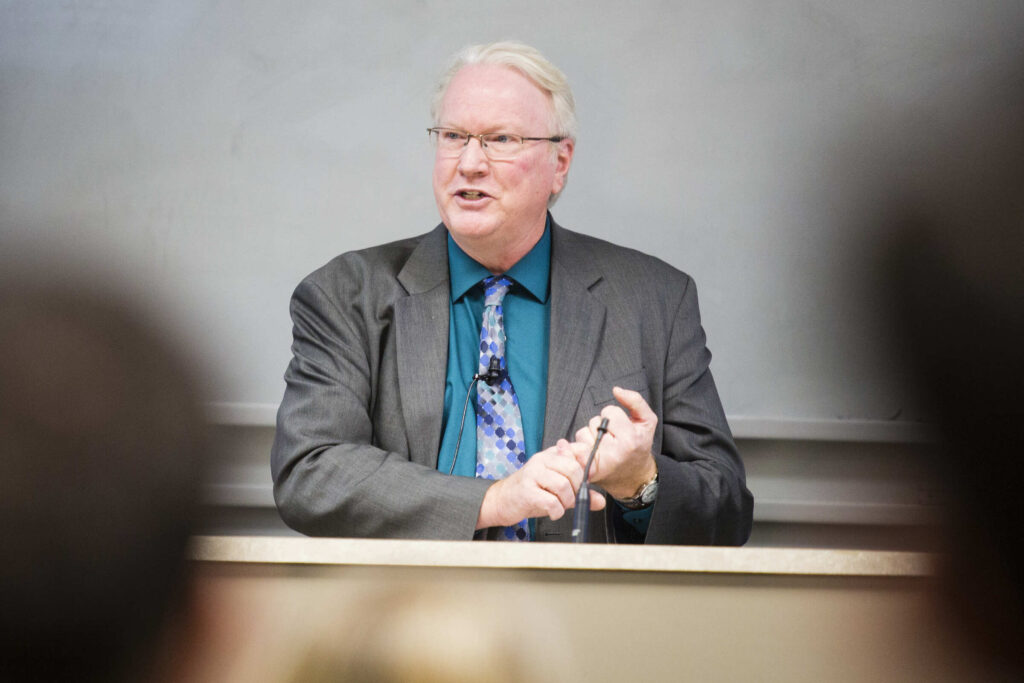Mark Osler, professor at the University of St. Thomas School of Law, recently spoke with The Wall Street Journal about presidential pardons, highlighting their unique power and impact.

From the story:
President Biden on Sunday granted a full and unconditional pardon to his son, Hunter Biden, who faced a possible prison sentence for federal felony gun and tax convictions. The clemency was sweeping, immunizing the younger Biden from any offenses he might have committed over the past decade.
Biden said raw politics had affected his son’s treatment, and that a pardon would correct “a miscarriage of justice.” Critics from both parties said the president had put his family before the country, noting that Hunter was convicted by a jury in the gun case and pleaded guilty to the tax offenses. ...
Where does the pardon power come from?
Article Two of the Constitution says the president “shall have Power to grant Reprieves and Pardons for Offences against the United States, except in Cases of Impeachment.”
That authority, which applies only to federal offenses, is perhaps the most unchecked power granted to presidents by a Constitution that otherwise is dedicated to abolishing the overwhelming power of monarchs, said University of St. Thomas criminal law professor Mark Osler.
“Sometimes the law is just too severe, and in the moment we overreact in a retributive way, and there needs to be a way to correct that,” Osler said.
The Supreme Court said in an 1871 decision that it is unconstitutional for Congress to pass laws restricting the pardon power.







